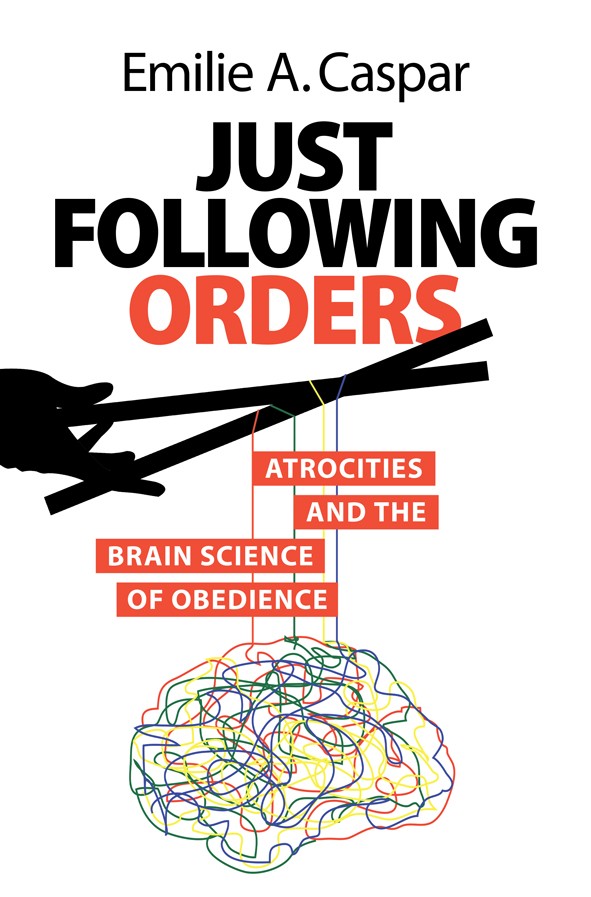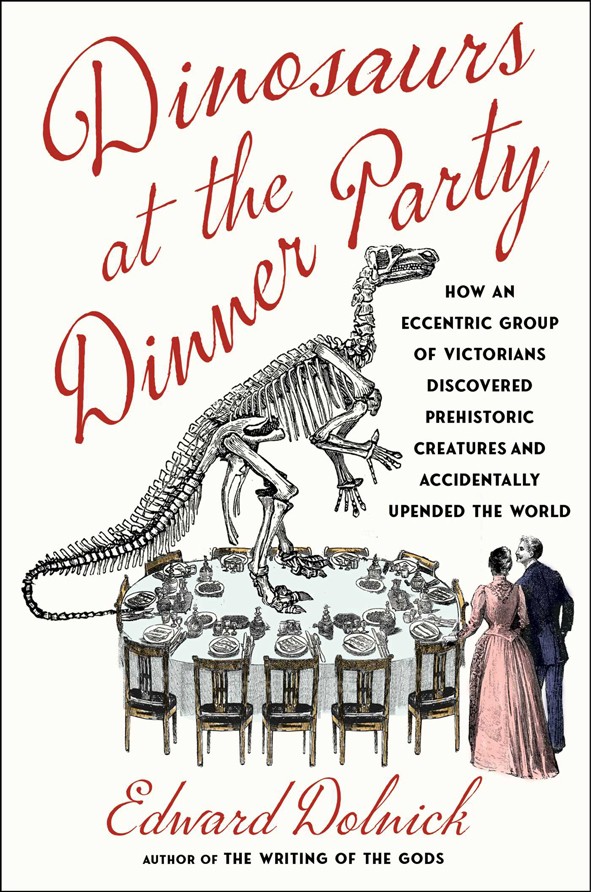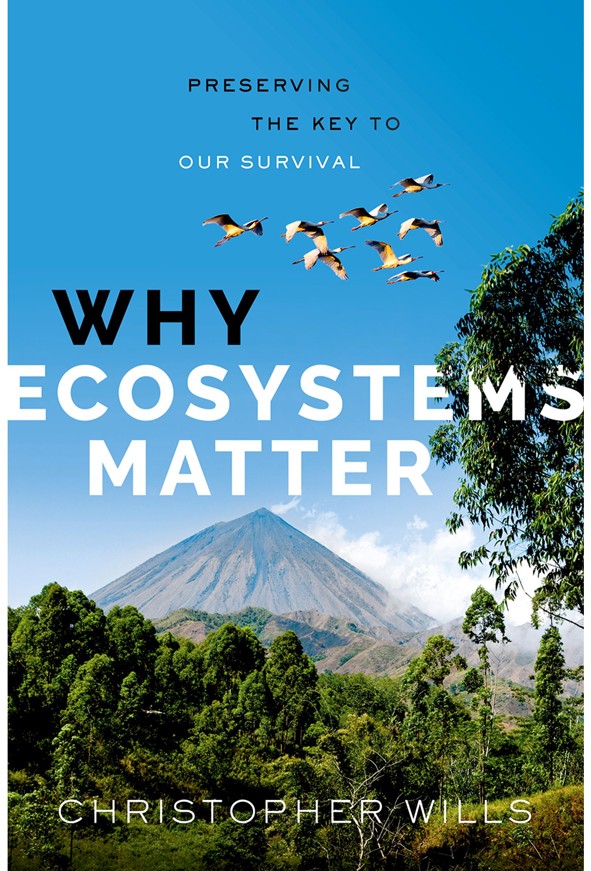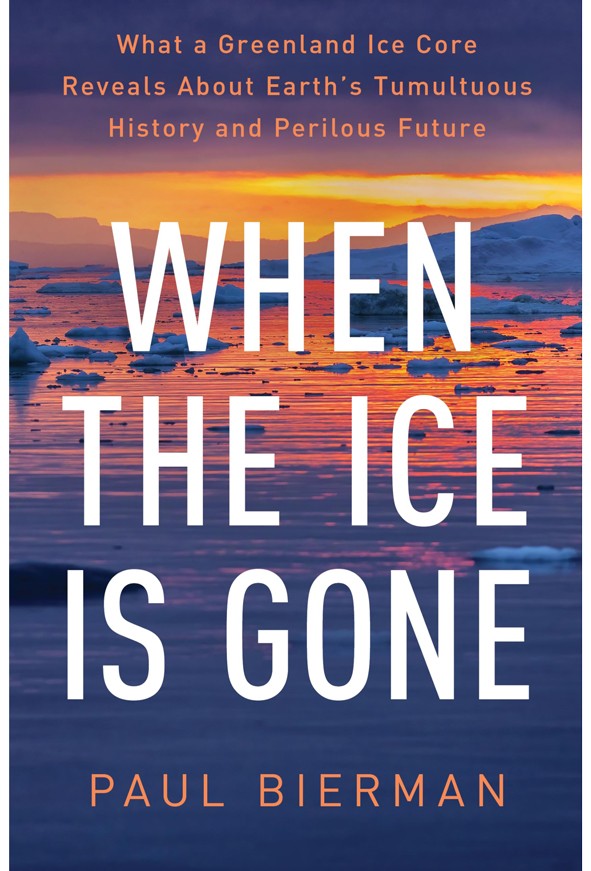
The Chinese Computer
Thomas S. Mullaney MIT Press (2024)
Around half of the global population write in a script unsuited to the standard QWERTY keyboard. Chinese languages have thousands of characters and no alphabet. Nevertheless, Chinese computers have adapted to using QWERTY keyboards through complex workarounds. Sinologist Thomas Mullaney’s telling of the unfamiliar history of how China’s computing developed, starting in the nineteenth century with a concise ‘telegraph code’ to transmit messages, is mind-boggling. With Chinese QWERTY keyboards, “what you type is never what you get”.

Just Following Orders
Emilie A. Caspar Cambridge Univ. Press (2024)
In the twentieth century, some 262 million people were “murdered by governments”, through genocide, massacres and intentional famines, writes neuroscientist Emilie Caspar in her appraisal of such atrocities. She asks perpetrators why they participated; often the response is they were “obeying orders”. Obedient behaviour generates less the activity in pain-related brain regions than with when people cause pain voluntarily, Caspar observes, in experiments in which she orders people to deliver electric shocks to others.

Dinosaurs at the Dinner Party
Edward Dolnick Scribner (2024)
The first clear evidence of dinosaurs was discovered as late as 1802, by farm boy Pliny Moody, who was ploughing mud when he uncovered massive footprints with three toe imprints. From 1811, fossil collector Mary Anning discovered many extraordinary specimens. But it was not until 1842 that the term dinosaur was introduced, by palaeontologist Richard Owen. As author Edward Dolnick captures in his engaging book about these and other eccentric pioneers, they “outsized themselves, like the bones they unearthed”.

Why Ecosystems Matter
Christopher Wills Oxford Univ. Press (2024)
While descending a steep, winding road in Peru’s eastern Andes, biologist Christopher Wills saw that the forests’ trees, birds and insects seemed to change radically with each 200–300-metre drop: a tantalizing pattern confirmed by a detailed scientific survey. He recalled Charles Darwin’s puzzlement over the different beaks of finches on neighbouring Galapagos islands, which led to the theory of evolution. His wide-ranging book argues that “every one of Earth’s teeming ecosystems is a kind of evolutionary cauldron”.

When the Ice is Gone
Paul Bierman W. W. Norton (2024)
Since the start of the industrial revolution, global warming has lifted sea levels by less than 30 centimetres. If Greenland’s ice sheet were to melt, levels would rise by some seven metres, notes geoscientist Paul Bierman. His valuable book centres on his 2019 analysis of a soil sample from below the sheet, drilled by US Army engineers in the 1960s. To his amazement, this “frozen Rosetta Stone” contained plant remains, proving that the ice sheet had “melted away at least once” in the past.
Competing Interests
The author declares no competing interests.
